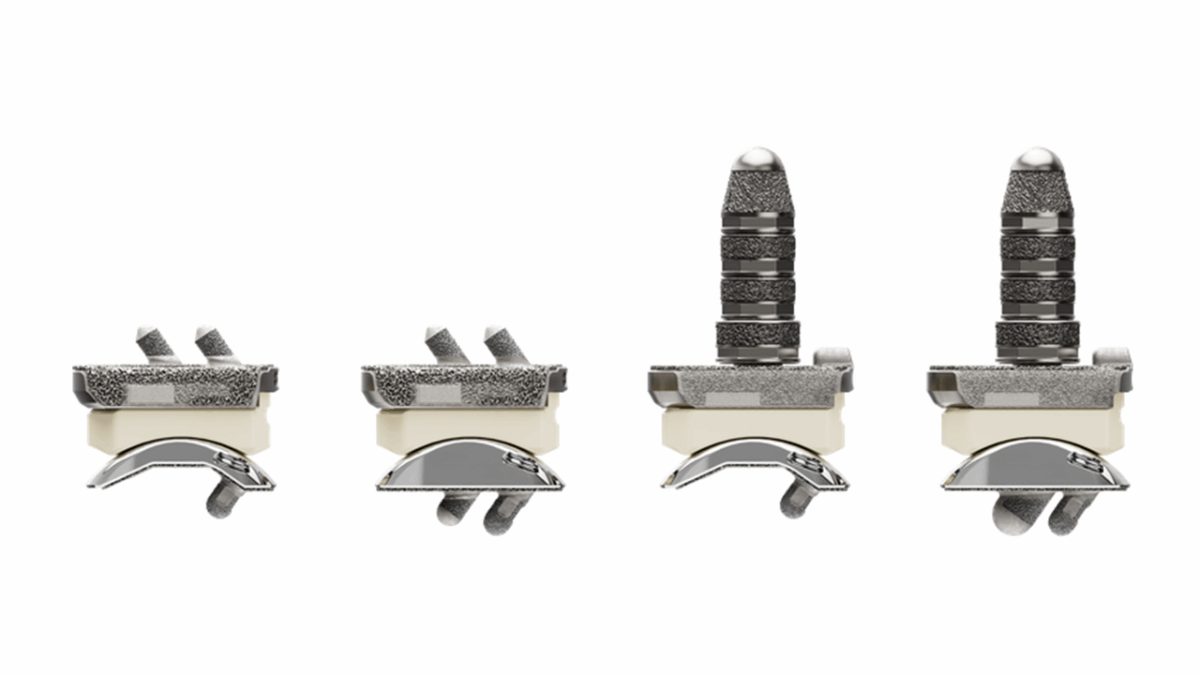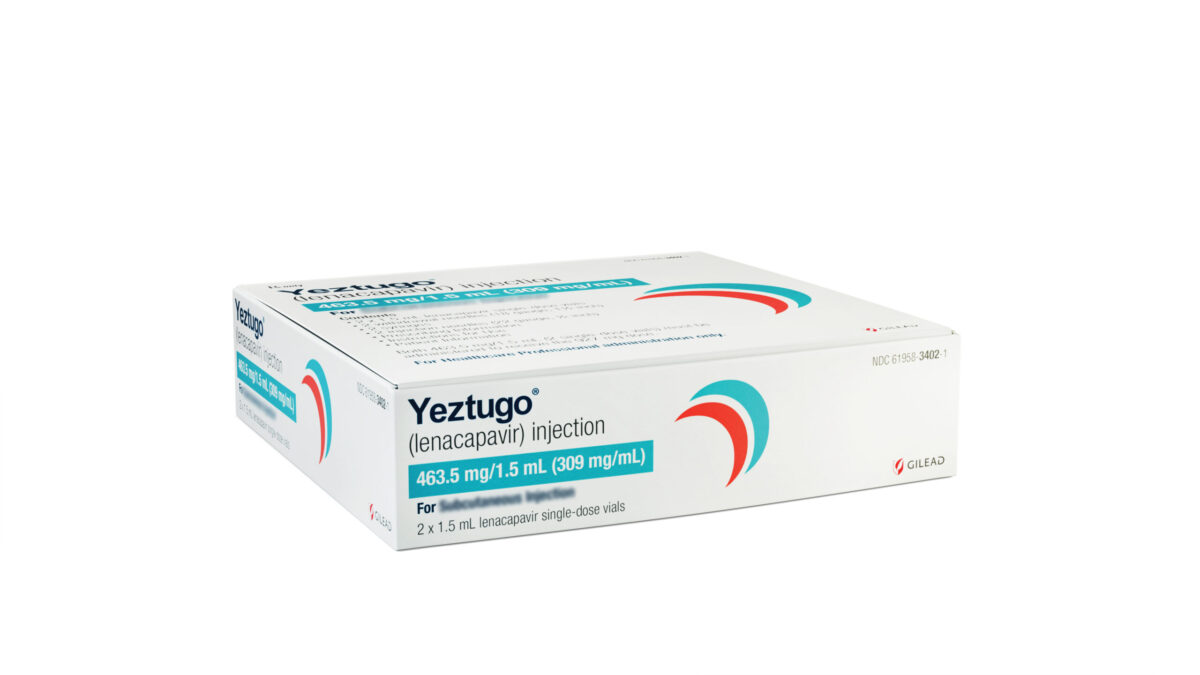Arvinas and Pfizer have reported positive Phase III VERITAC-2 results in a trial of 624 patients across 26 countries, demonstrating that vepdegestrant (ARV-471) monotherapy significantly improves progression-free survival in adults with estrogen receptor-positive, human epidermal growth factor receptor 2-negative (ER+/HER2-) advanced or metastatic breast cancer.
In patients with mutations in the estrogen receptor 1 (ESR1) gene, the study met its primary endpoint, achieving a hazard ratio of 0.60 — a figure that translates to a meaningful delay in disease progression compared to the standard treatment, fulvestrant.
Vepdegestrant, an investigational oral therapy, utilizes PROteolysis TArgeting Chimera (PROTAC) technology — a mechanism that harnesses the body’s natural protein disposal system to selectively target and degrade the estrogen receptor.
Mutations in the estrogen receptor not only drive aggressive tumor behavior but also contribute to resistance against conventional endocrine therapies.
PROTAC’s selective degradation disrupts the signaling pathways that promote tumor growth, particularly in patients whose cancer has become resistant to prior endocrine therapies and cyclin-dependent kinase (CDK) 4/6 inhibitors.
XTALKS WEBINAR: Redefining Women’s Cancer Care: Delivering Smarter, Safer Clinical Trials
Live and On-Demand: Thursday, April 10, 2025, at 11am EDT (4pm BST/UK)
Register for this free webinar to explore innovative approaches to enhancing clinical trials for breast and gynecological cancers.
![]()
The trial’s design compared vepdegestrant, administered once daily on a continuous 28-day schedule, with intramuscular fulvestrant dosing.
The statistically significant improvement in progression-free survival (PFS) for the ESR1-mutant (ESR1m) subgroup positions vepdegestrant as a potential new option for patients who have exhausted current therapies.
Although overall survival (OS) data remain immature — with fewer than one-quarter of the expected events observed — the consistent safety profile of vepdegestrant aligns with findings from earlier studies.
Detailed trial data are scheduled for presentation at an upcoming medical meeting, and both companies plan to share these findings with regulatory authorities to support future filings.
Looking ahead, Arvinas and Pfizer plan to initiate two new Phase III combination trials in 2025 — one in the first-line setting with Pfizer’s novel investigational CDK4 inhibitor, atirmociclib, and a second in the second-line setting with a CDK4/6 inhibitor.
Early Phase Ib safety and pharmacokinetic data from the TACTIVE-U sub-study combining vepdegestrant with abemaciclib, along with clinical pharmacology data from its combination with midazolam, were recently presented at the San Antonio Breast Cancer Symposium, adding further support to the drug’s versatile profile.
From a business perspective, Arvinas’ fourth quarter financial highlights report that revenue surged to $263.4 million for the full year, driven by strategic collaborations, including significant contributions from the Pfizer vepdegestrant collaboration.












Join or login to leave a comment
JOIN LOGIN